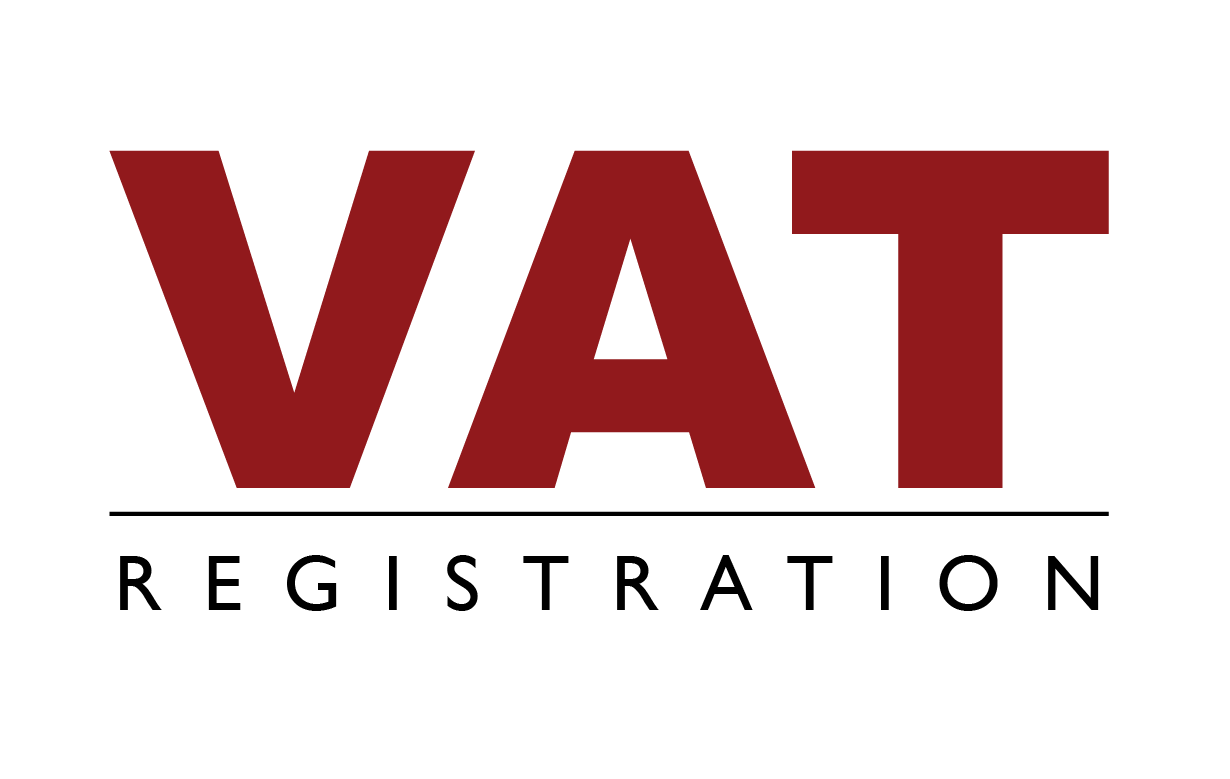Common Mistakes Made by SME For VAT Return Filing In UAE
There are several common mistakes made by small and medium enterprises (SMEs) in the United Arab Emirates (UAE) when filing for value-added tax (VAT). These mistakes can lead to significant consequences, including fines, penalties, and damage to the company’s reputation. In this article, we will discuss some of the most common mistakes made by SMEs in the UAE when filing for VAT and how to avoid them.
1. Failing to register for VAT
One of the most common mistakes SMEs make in the UAE is failing to VAT Registration. According to the Federal Tax Authority (FTA), all businesses with a taxable supply of goods or services above AED 375,000 per year must register for VAT. If a business fails to register for VAT, it may be subject to fines and penalties.
SMEs should register for VAT once their taxable supplies exceed the AED 375,000 threshold to avoid this mistake. Penalties can be significant, late registration is AED10,000, and if the FTA judges the reporting period is back dated, interest penalties could be applied for late payments.
2. Filing VAT returns late
Another common mistake SMEs make in the UAE is filing VAT returns late. Under the VAT law in the UAE, businesses are required to file their VAT returns every quarter. If a business fails to file its VAT return on time, it is subject to fines and penalties.
To avoid this mistake, SMEs should ensure they file their VAT returns on time.
3. Filing incorrect VAT returns
Another common mistake SMEs make in the UAE is filing incorrect VAT returns. This can happen if a business needs to accurately track its taxable supplies and expenses, leading to incorrect calculations of the VAT due.
To avoid this mistake, SMEs should accurately track their taxable supplies and expenses and use reliable VAT software to calculate the due VAT. They should also double-check their VAT returns before submitting them to the FTA to ensure they are accurate. The rules to claim VAT on expenses are specific and require the necessary VAT technical knowledge to avoid penalties that come to light under further inspection by the FTA.
4. Failing to keep proper VAT records
Another common mistake SMEs make in the UAE is failing to keep proper VAT records. According to the UAE’s VAT law, businesses must keep accurate records of their taxable supplies and expenses for at least five years. If a business fails to keep proper VAT records, it may be subject to fines and penalties.
To avoid this mistake, SMEs should keep accurate records of their taxable supplies and expenses. This can be done using invoicing software, a digital record keeping system in the accounting system, or external storage. Paper records are also an option. However, they can be unreliable when files are misplaced or aging.
5. Failing to classify supplies and expenses correctly
Another common mistake SMEs make in the UAE is failing to rate their supplies and expenses properly. Under the VAT law in the UAE, there are different rates of VAT for different types of supplies and expenses. A business must correctly classify its supplies and expenses to ensure the subsequent VAT calculations and filings are correct, which could lead to fines and penalties.
To avoid this mistake, SMEs should correctly classify their supplies and expenses. This can be done using VAT software and consulting with a VAT expert. Exports of goods and services, medical and educational companies require particular attention to correctly rate their supplies to the FTA regulations.
6. Claiming incorrect VAT refunds
Another common mistake SMEs make in the UAE is claiming incorrect VAT refunds. This can happen if a business needs to accurately track its taxable supplies and expenses, leading to incorrect calculations of the VAT refund due.
To avoid this mistake, SMEs should accurately track their taxable supplies and expenses and use reliable VAT software to calculate the due VAT refund. Refund claims follow a thorough FTA procedure that requires providing a claim file and associated sales and expenses invoices before any claim is approved. Errors can lead to a disallowed claim; therefore, care on the correct rating and claim on expenses is required.
